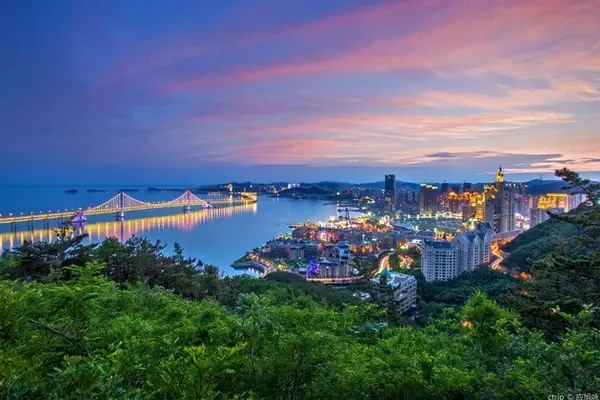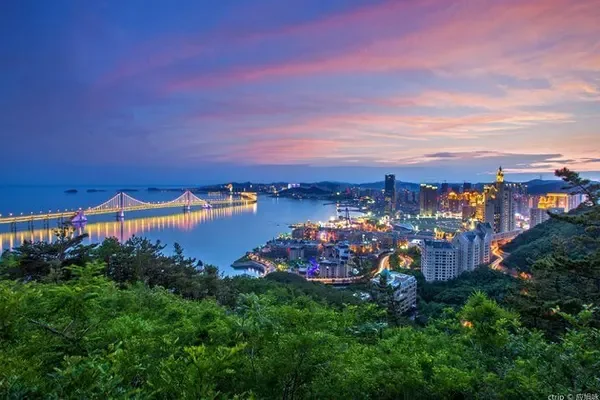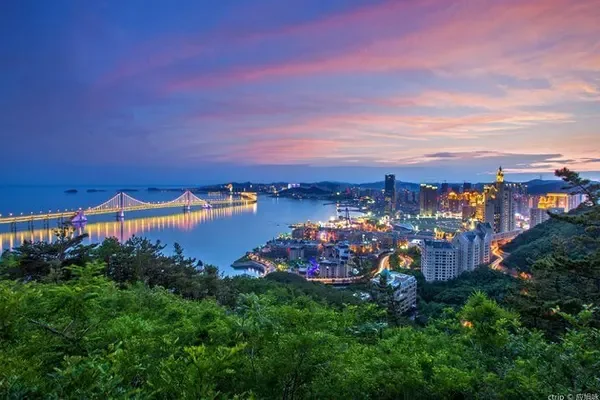Brief introduction: This film actually filmed a Uyghur wedding in Cha Village, Heshuo County, Bayingaleng Prefecture. First, it filmed the welcoming ceremony at the bride’s home in Cha Village, and set up a big pot to stew hand-picked rice, baked naan, snacks and fruits, etc. The guests, then, go to the groom's home to film the bride's uncovering ceremony. The weddings in the countryside are simple and simple, while the weddings in the cities are luxurious and lively, and the urban and rural areas are full of strong western style.
Foreword: Niu Ge's Journey to the West is the first stage of Niu Ge's "56 Ethnic Documentaries" shooting plan: Niu Ge traveled alone in 128 days in 12 provinces in western China, lived in the open, and made his home everywhere. He wrote a diary of more than 100,000 words, took more than 1,000 photos, produced and released 26 videos, and more than 10 are in the process of being produced. Videos and corresponding diaries and photos will be released one after another, so please continue to pay attention.
Niu Ge Westward Journey (October 27): Korla is a beautiful city located in the central part of Xinjiang, with the Kuruk Mountains and Huola Mountains of the Tianshan Mountains in the north, the Tarim Basin in the southwest, and the world's second largest city in the south. The Tarim River, the longest inland river in China, passes through the Taklamakan Desert. There is also Bosten Lake in the territory, which originates from the Peacock River of Bosten Lake, passes through Iron Gate Pass, flows through the center of Korla Oasis, and flows into Lop Nur. Due to the regulation of Bosten Lake, the flow of the Kongque River is stable all year round and the water quality is clear, attracting a large number of wild white swans to spend the winter every year. Today, I went to the Kongque River to see the white swans, took a lot of photos of the white swans, and posted them for everyone to watch. It is estimated that there are more than 200 wild white swans. They are very big and white all over. Only the eyes and mouth are black. The upper part of the mouth is yellow, so it is also called the yellow-billed swan. The famous Tang poem can be used to describe them: goose, goose, goose, song and song to the sky. The white hair floats in the green water, and the black palm dials the clear waves. Their soles are also black, and their necks are very long, almost as long as their bodies. When swimming in the water, they stretch out their necks and form a slight right angle with their bodies, showing a leisurely and contented look. The white swan is a national second-class protected animal, a globally vulnerable species, and very rare. Korla fragrant pears are well-known both at home and abroad, and I will buy some to try tomorrow. Korla is the first national civilized city in the five northwestern provinces. The streets are very clean and tidy, and the construction industry is very modern. It is also one of the top 100 counties and cities in the national economy, mainly because the oil industry is very developed. The second division of the Xinjiang Construction Corps is also stationed in Bazhou, which is the 31st to 36th regiments I passed all the way yesterday. They have made great contributions to the development and construction of Bazhou, and the people of Bazhou will never forget them.






Niu Ge's Journey to the West (October 28): Today, I followed the cadres of a certain bureau in Bazhou to the countryside. This is a small village next to Harmodun Town, Hejing County. The cadres received the order at noon today (Sunday) and arrived at their destination in the afternoon. Carrying bags, sitting in tricycles, buses, private cars and other means of transportation, assembled at the village committee. Each of them has a dusty face, but they are in good spirits. After assigning tasks, they each go to work in the fellow's house: sweeping the yard, pouring vegetables, picking peppers, etc., much like the Eighth Route Army back then. The working team of cadres stationed in the village has strict disciplines for the masses. They have to pay food expenses when they live in the villagers’ homes. Gifts given to villagers are not considered food expenses. To fill out the memo and so on. The most important thing is to teach villagers to recite various policies word by word, explain various knowledge, and train various skills, such as fire protection knowledge, how to escape in case of fire; health knowledge, mobilize villagers to participate in medical examinations; breeding techniques, including What to do if you can't find cattle and sheep, it's really all about everything. Every morning, the villagers of the village are also organized to raise the national flag, and in the evening, they often hold some social activities and quizzes with prizes. In order to maintain national unity, the cadres stationed in the village have racked their brains and come up with endless methods and tricks. Their slogan is every Friday plus two, daily plus night, almost no rest time. On the way, I heard that the cadres in Xinjiang worked hard, and now I have experienced it personally. I think all of them can be called Jiao Yulu, and everyone is like the Eighth Route Army back then. Moreover, their work has been fruitful. Now in Xinjiang, people of all ethnic groups live and work in peace and contentment, and the society is very stable. In the evening, I had dinner at the house of Maimaiti, a villager. He prepared a sumptuous dinner for me, a visitor from afar. On the big basin of beef, mutton, and chicken, grapes, pomegranates, and walnuts were all fresh local specialties. There are also Uyghur brothers playing dombra and guitar, singing melodiously, and dancing cheerful Uyghur dances... (to be read)






Niu Ge's Journey to the West (October 29): Today, I finally ate the long-awaited Uyghur baked buns. The baked buns made by Maimaiti are very famous in the town. Many people buy them in big bags. He usually makes 500 baked buns a day. On weekends and holidays, he makes thousands of baked buns. steamed stuffed bun. The baked buns he made have big fillings and thin skins, and the heat is well controlled. They taste crispy and crispy. When the baked buns come out of the basket at noon, many regular customers will come to him on time to buy baked buns. He started to learn how to bake buns at the age of sixteen, from kneading noodles to rolling skins, making buns, putting on the furnace, and opening the furnace to take the buns. Water, beat the buns onto the furnace quickly with bare hands, 3 at a time, without any ambiguity in the middle, otherwise, your hands will be scalded. It is said that he has not found a suitable apprentice so far, the main reason is that no one can learn how to make a hearth. His steamed stuffed buns are stuffed with beef and mutton as the main ingredient, plus some carrots, onions, green peppers, and spices such as pepper. After baking for more than ten minutes, the skin of the buns is browned and browned. The dumpling is still very tender and retains a lot of gravy, which tastes very delicious. I ate 5 in one go, but I still didn’t think it was enough. If it wasn’t for my bad teeth, and I ate too much breakfast too late, I would have to eat ten or eight of them to be enjoyable. Maimaiti does not speak Chinese very well, but he is very forthright and enthusiastic, good at singing and dancing. He and his Uighur daughter-in-law run the steamed stuffed bun shop very hard. They wake up at 8 a.m. and work until dark, every day. The baked buns he sells are 2 yuan each, and with so much meat, the profit is very thin, because beef and mutton are more than 30 yuan a catty, and the cost is not low. They rely on this kind of integrity to operate, making small profits but quick turnover, creating a good reputation in this generation, and living a very nourishing life. They raised a pair of children. The eldest daughter is 19 years old and is studying at Northwest University for Nationalities. The youngest son is 8 years old and is studying at a secondary school in the town. The family lives a happy life. He is a relative of my classmate's lover in the "Family of National Unity" activity. Not blood relatives are better than blood relatives. The two families often visit each other, which can be called a model of national unity and family. (to be read)





